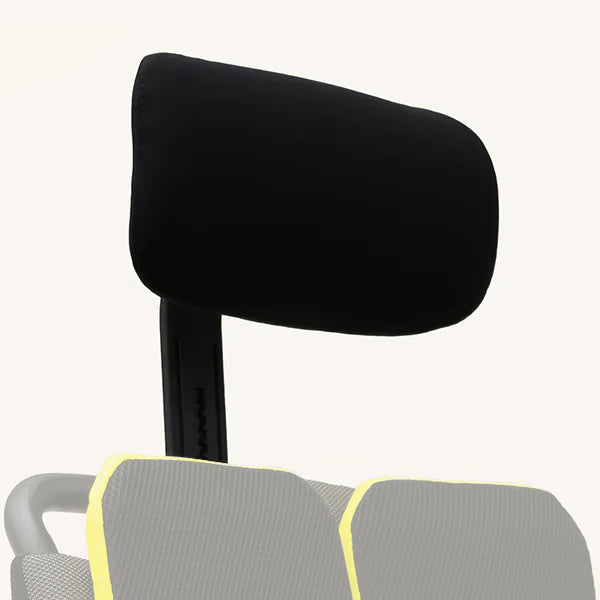Workplace chairs have a significant impact on employee comfort, health, and overall productivity. Since the majority of workers spend much of their day sitting, a well-designed, ergonomic chair is crucial to keep good posture, avoid fatigue, and ensure well-being.
Ergonomic chairs are made to support natural posture while minimizing strain on critical areas like the neck, back, and shoulders. Key features of an ergonomic chair include adjustable height, lumbar support, and tilt mechanisms. These features ensure that the chair can be tailored to the individual, helping maintain healthy posture and minimizing discomfort during long hours of work.
Task chairs are the standard in most office environments. They are usually lightweight, adjustable, and designed for mobility. They come with basic ergonomic adjustments, such as seat height adjustment and swivel movement, making them appropriate for regular office duties.
Executive chairs are larger, more cushioned, and often made from high-end materials like leather. They offer superior comfort and come with advanced ergonomic features, like reclining backrests, adjustable arms, and head supports. These chairs are commonly used in private offices or by managers.
Alternative seating options such as kneeling chairs and balance ball chairs offer unique seating styles that focus on posture and core strengthening. These alternatives promote active sitting, helping reduce strain on the back and legs.
Selecting the right office chair is crucial for promoting productivity and preventing long-term health issues like back pain and poor circulation. Investing in high-quality chairs can enhance comfort, boost morale, and contribute to a healthier, more productive workplace.
 Office seating goes beyond being just a place to sit; theyre vital tools for fostering comfort, efficiency, and health at work.
Office seating goes beyond being just a place to sit; theyre vital tools for fostering comfort, efficiency, and health at work.
Ergonomic chairs are made to support natural posture while minimizing strain on critical areas like the neck, back, and shoulders. Key features of an ergonomic chair include adjustable height, lumbar support, and tilt mechanisms. These features ensure that the chair can be tailored to the individual, helping maintain healthy posture and minimizing discomfort during long hours of work.
Task chairs are the standard in most office environments. They are usually lightweight, adjustable, and designed for mobility. They come with basic ergonomic adjustments, such as seat height adjustment and swivel movement, making them appropriate for regular office duties.
Executive chairs are larger, more cushioned, and often made from high-end materials like leather. They offer superior comfort and come with advanced ergonomic features, like reclining backrests, adjustable arms, and head supports. These chairs are commonly used in private offices or by managers.
Alternative seating options such as kneeling chairs and balance ball chairs offer unique seating styles that focus on posture and core strengthening. These alternatives promote active sitting, helping reduce strain on the back and legs.
Selecting the right office chair is crucial for promoting productivity and preventing long-term health issues like back pain and poor circulation. Investing in high-quality chairs can enhance comfort, boost morale, and contribute to a healthier, more productive workplace.
 Office seating goes beyond being just a place to sit; theyre vital tools for fostering comfort, efficiency, and health at work.
Office seating goes beyond being just a place to sit; theyre vital tools for fostering comfort, efficiency, and health at work.